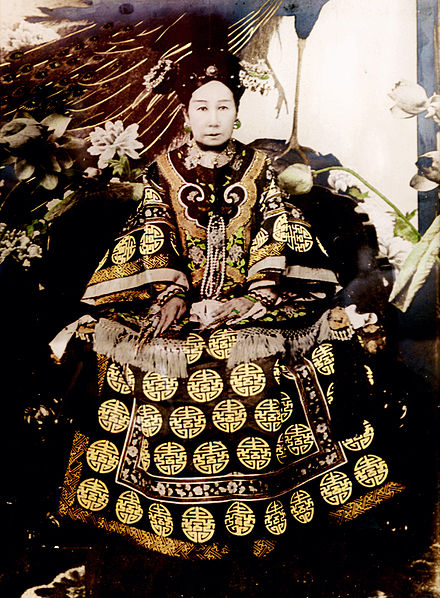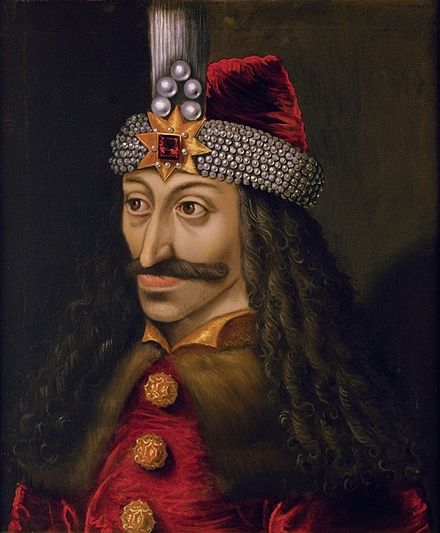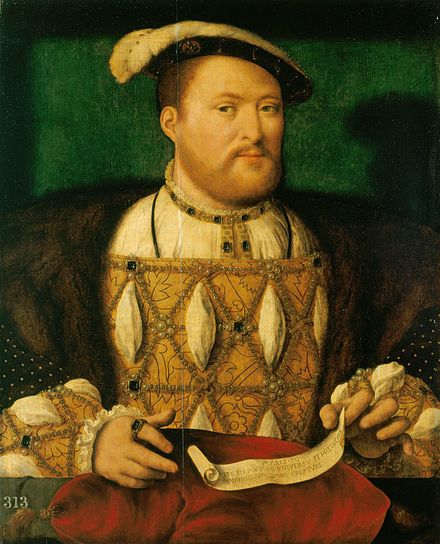
1989
The Fall of the Berlin Wall
Erected in 1961 as a way of keeping citizens of the German Democratic Republic (GDR) from fleeing Communist rule by entering West Berlin, the “anti-fascist protective rampart” was a symbol of the repression needed to maintain Marxist-Leninist societies. Though originally billed as a barrier to Western aggression, it was obvious to all that it had been built to keep young, educated East Germans in. As a government document explained:
Both from the moral standpoint as well as in terms of the interests of the whole German nation, leaving the GDR is an act of political and moral backwardness and depravity.
Those who let themselves be recruited objectively serve West German Reaction and militarism, whether they know it or not. Is it not despicable when for the sake of a few alluring job offers or other false promises about a “guaranteed future” one leaves a country in which the seed for a new and more beautiful life is sprouting, and is already showing the first fruits, for the place that favours a new war and destruction?
Is it not an act of political depravity when citizens, whether young people, workers, or members of the intelligentsia, leave and betray what our people have created through common labour in our republic to offer themselves to the American or British secret services or work for the West German factory owners, Junkers, or militarists? Does not leaving the land of progress for the morass of an historically outdated social order demonstrate political backwardness and blindness? …
[W]orkers throughout Germany will demand punishment for those who today leave the German Democratic Republic, the strong bastion of the fight for peace, to serve the deadly enemy of the German people, the imperialists and militarists.
Punishment was deadly at times. Though 5,000 East Germans managed to escape, perhaps as many as 200 were killed in the attempt with thousands more caught and arrested.
In 1987 Ronald Reagan challenged the legitimacy of such a barrier in his famous speech on the 750th anniversary of Berlin:
We welcome change and openness; for we believe that freedom and security go together, that the advance of human liberty can only strengthen the cause of world peace. There is one sign the Soviets can make that would be unmistakable, that would advance dramatically the cause of freedom and peace. General Secretary Gorbachev, if you seek peace, if you seek prosperity for the Soviet Union and eastern Europe, if you seek liberalization, come here to this gate. Mr. Gorbachev, open this gate. Mr. Gorbachev, tear down this Wall!
The disintegration of the Eastern bloc was becoming clear in 1989. Hungary opened its borders, allowing East Germans to defect through that country. The will of the GDR government to use deadly force evaporated and guards began to allow thousands through. This event led directly to the collapse of the GDR and German reunification.










